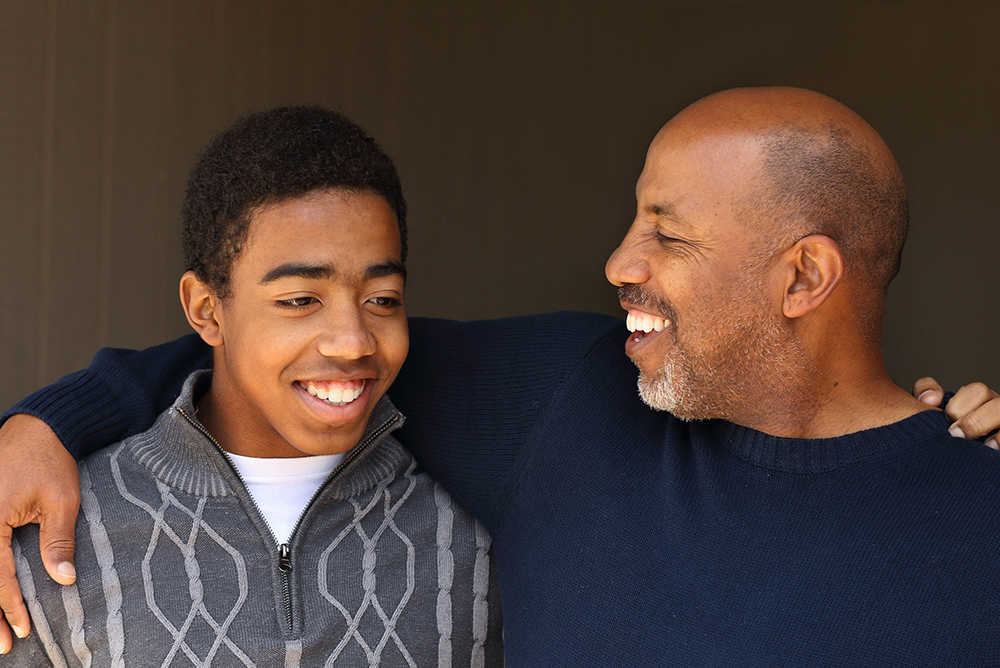Do the scenarios below sound familiar?
“I’ve had it!!! Go to your room and don’t come out until you can treat me and everyone else in this family with more respect! And apologize for your actions!”
“You are STILL playing Fortnite?!?!?!?! THAT’S IT! When will you ever listen?!? You have just lost your privileges to ALL gaming!”
“I am sick and tired of having to ask you to do your chores. How hard is it for you to empty the dishwasher and help this family out?! Give me your phone…it is now mine!”
Disrespectful attitudes, uncooperative behavior, defiance, lying, irresponsibility are just some of the top button pushing behaviors that catapult parents over the edge and straight into punishment mode.
We threaten, we lecture, we warn, we yell. We send our kids to time-out; we ground them; we take away their prized possessions all in an effort to get our kids to learn and to shape up. Not to mention we are often at a loss as to what else to do.
When I ask parents what they are hoping to accomplish from punishing their children, they tell me they want their kids to think about their behavior; to make better choices, to listen, to be respectful and to cooperate.
BUT, what are your kids really thinking? (Hint: they are not thinking about their behavior and what they will do to change. Imagine what they ARE thinking!).
Are your children learning from being punished?
Yes! Your kids ARE learning, but they are learning the exact opposite of what you are hoping for. They are learning to be sneaky, to lie, to be defiant, to be angry, to distrust, to disconnect, to love less, to listen to their peers more.
When does making a child feel worse make them want to do better? Dr. Jane Nelson asks.
The following is one mother’s account of the impact from her punishment:
I remember one time very vividly I was being “disrespectful” to my mom in the car on the way home from school. She warned me that if I didn’t stop, there would be consequences. She was infuriated. She yanked my arm aggressively and pulled me out of the car. I remember her face. Her lips were pursed, her eyes were full of anger, and her grip was so hard I felt like she was bruising me. She spanked me harder than she ever had. Her hand was flat and stiff. I didn’t cry or make any sound. I didn’t want to give her that satisfaction. I remember thinking she was so mean, so angry, and that I didn’t know how else to behave. I knew I got a lot of attention when I spoke to her the way I was. My behavior just got worse if anything. I remember I stopped saying “I love you”, I stopped showing affection, I stopped liking her. This made me respect her less and behave according to that disrespect. I didn’t trust her, I didn’t think she loved me and it played into the belief that she loved my brothers more.
How we react to what our kids do and say has a direct impact on their future behavior and more importantly on the relationship we have with them.
Parents, in order for your children to become internally motivated, to make good choices and behave in ways that feel good, it is critical to shift your energy from punitive measures to strategies that create connections and ultimately teach.
Next time your buttons have been pushed and your blood pressure has skyrocketed…
Take time so you are able to respond vs. react to your child. Maintaining calm and control will provide the security your child needs to be open to talk.
Listen to your child’s point of view first. Take a no-blame, no shame, no judgment approach. This is critical in order for behavior to change and for your child’s sense of self-worth to remain intact.
Work with your child to problem solve and discuss more effective ways to handle difficult situations. This will help your child to learn from their experience leading to change.
By the way, as research has shown, restitution is a powerful discipline tool. Guiding kids to make something right from something wrong is not only a powerful teaching tool but a powerful learning experience.
Contact me to explore how these techniques can be combined to deliver a winning parenting strategy that will create a proud family culture and long-lasting legacy.
Have You Laughed With Your Kids Today?

